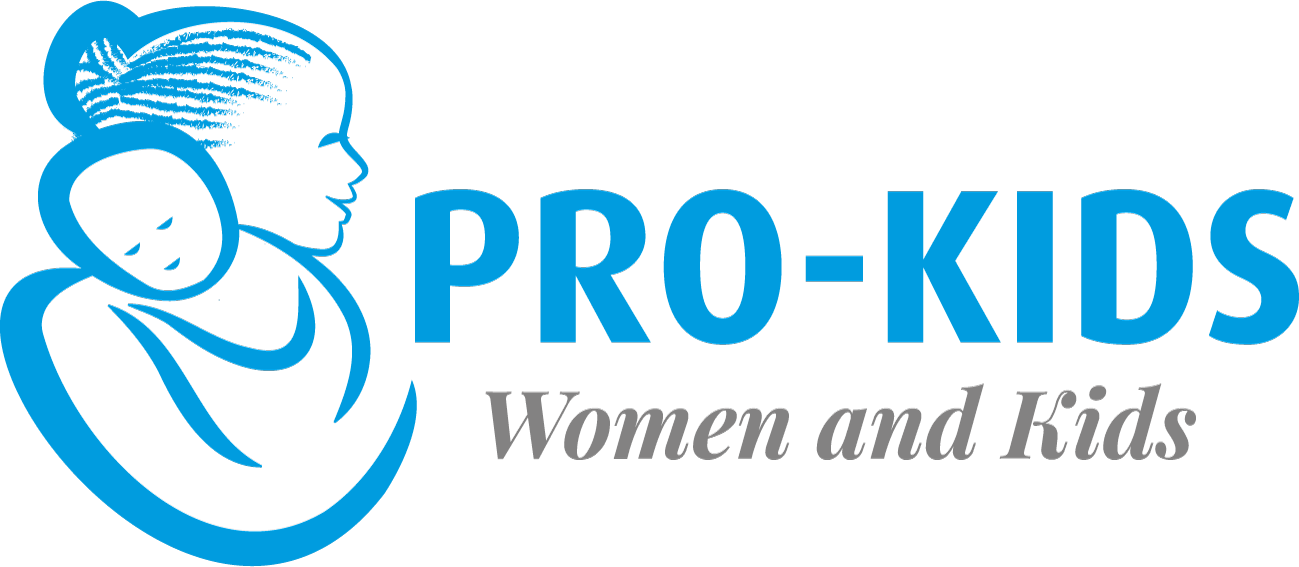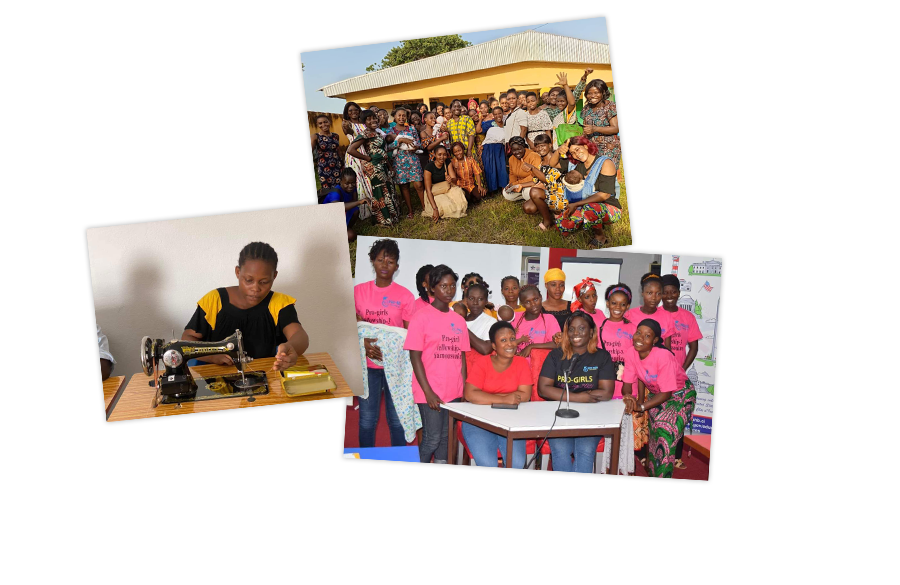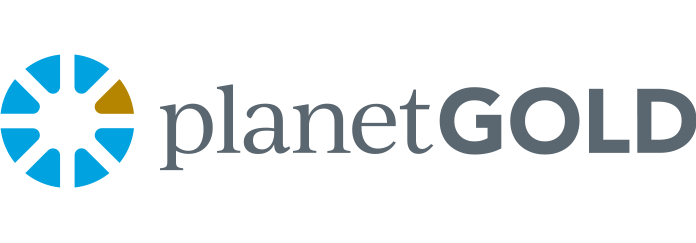The Sustainable Development Goals List
The United Nations’ goals are ambitious, and here are the ones that Heart of Mine directly impact.
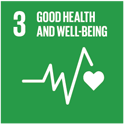
GOOD HEALTH AND WELL-BEING: Providing mobile health care through our Doctors on Wheels initiative to address health issues and support advanced health research on mercury use in gold mining communities.
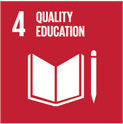
QUALITY EDUCATION: Ending child labour and empowering a brighter future.
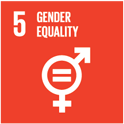
GENDER EQUALITY: Giving the option to women to leave the mining process and creating alternative employment.
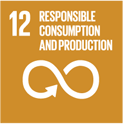
RESPONSIBLE CONSUMPTION AND PRODUCTION: Acquire lab separators to offer on-site separation techniques to anyone for FREE to replace the use of mercury in the gold extraction process.
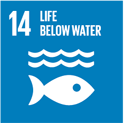
LIFE BELOW WATER: Removing mercury as a favorite tool for artisanal miners eliminates 40% of all man-made mercury pollution in the world’s oceans.
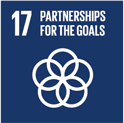
LIFE ON LAND: Partner with environmental stewards, scientists, and organizations deploying preventative interventions and rehabilitating ecosystems damaged by gold mining communities operations.
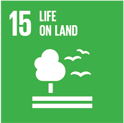
PARTNERSHIPS FOR THE GOALS: Heart of Mine is building key business relationships with NGOs throughout the regions they work to produce positive results in areas of need.







